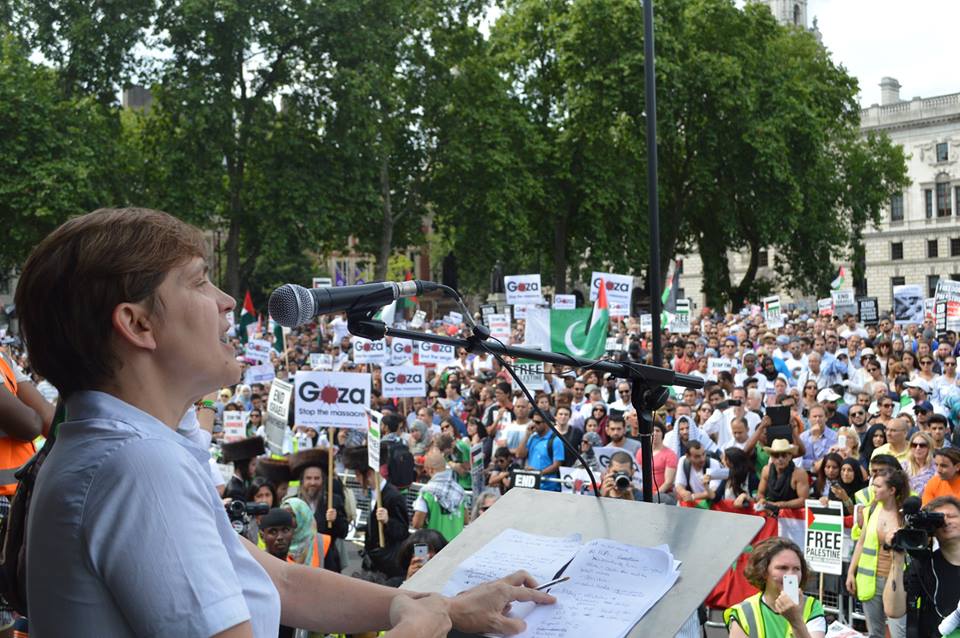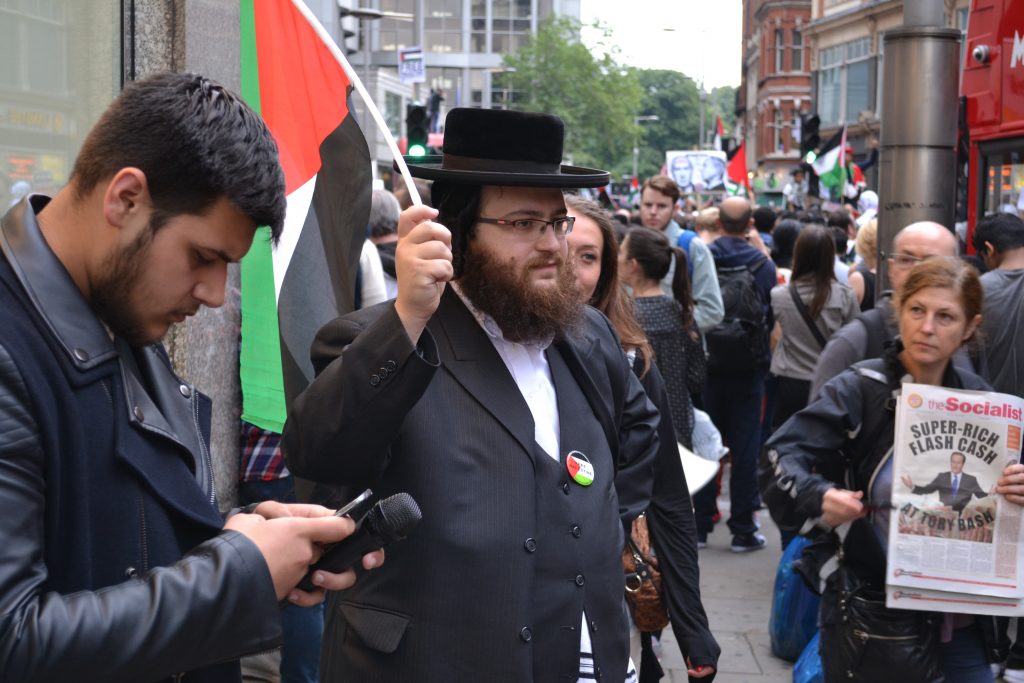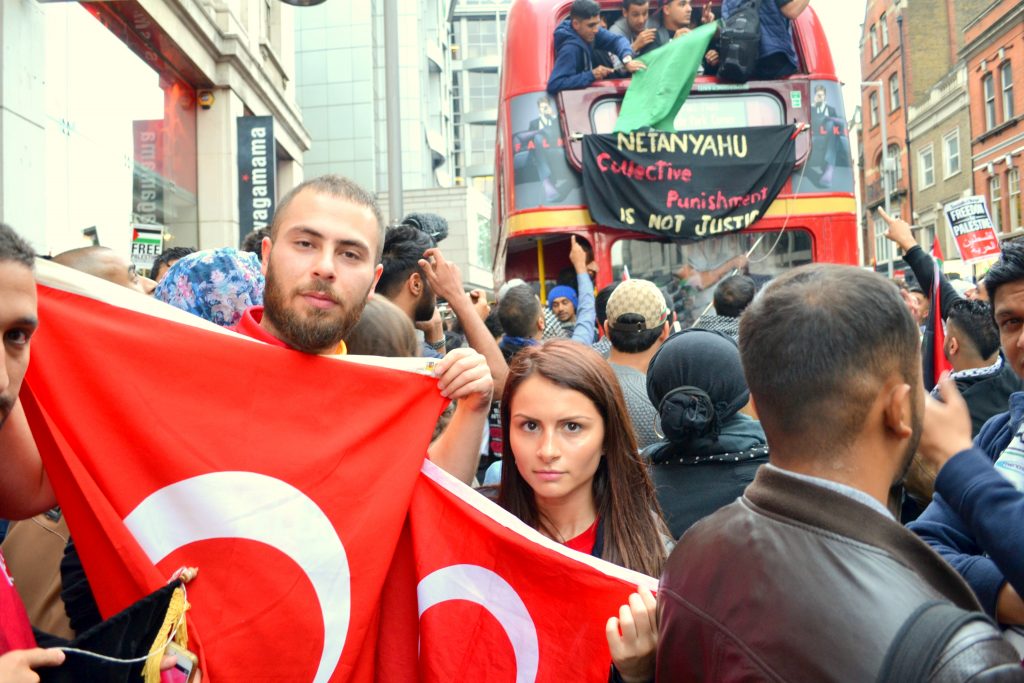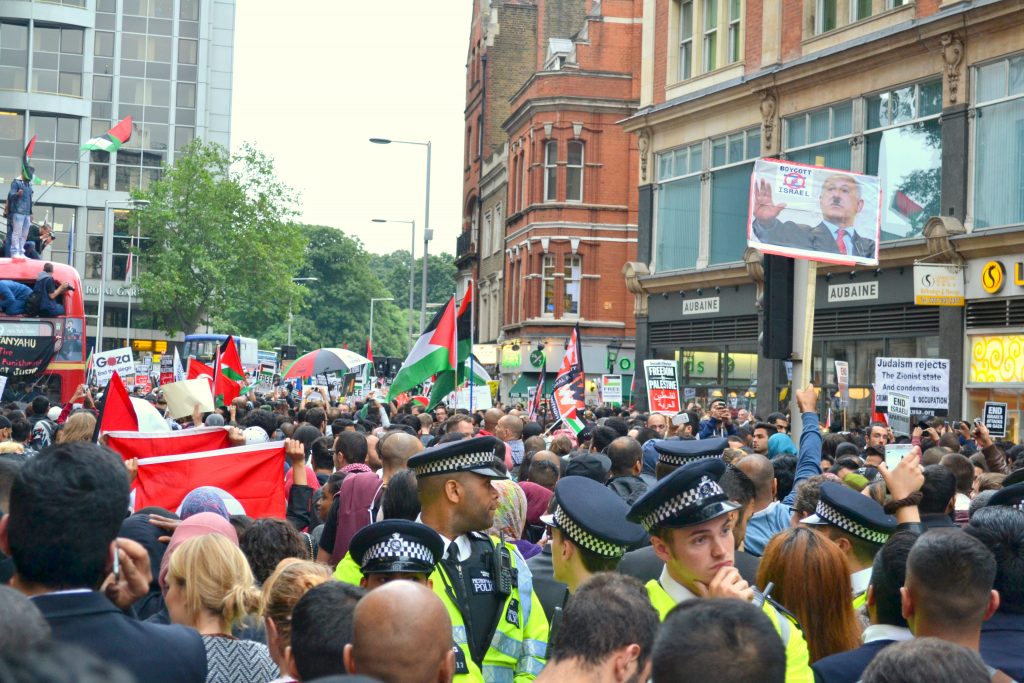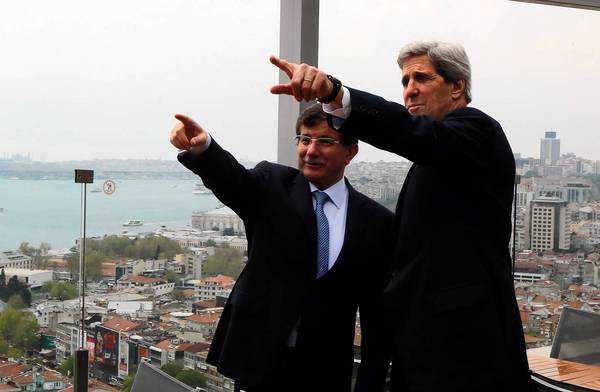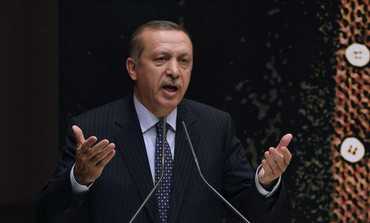Turkey’s decision to completely stop its trade with Israel is likely to trigger a number of new developments in the coming months, deeply affecting Israel’s strategy of aggression, genocide and extermination of the Palestinian people.
Israel is the 12th country to which Turkey exports the most.
According to Turkish Statistical Institute (TurkStat) data, the volume of trade between Turkey and Israel in 2023 was $6.8 billion, 76 per cent of which consisted of goods sold by Turkey to Israel.
In addition to this, Israel imports overland – especially strategic products such as oil – through Turkey. Therefore, it is certain that Turkey’s imposing restrictions on the shipment of products that Israel buys from third countries, raw materials and reserve ores that Israel needs for production, especially the oil that Israel buys from Azerbaijan, through its territory and ports, will put Israel’s economy in trouble. (Israel’s dependence on Turkey in this regard is many times higher than Turkey’s dependence on Israel).
Considering these facts, Turkey’s decision to completely halt mutual trade with Israel resembles and evokes the global isolation policy that many countries implemented in the last years of the 20th century against the ‘apartheid’ regime in the Republic of South Africa, which ruthlessly implemented the idea that whites of European origin were superior to other races, including the suspension of the purchase and sale of all goods and services, and the severing of political and diplomatic relations.
The last government in the Republic of South Africa, formed by whites of European descent, which had managed to maintain the apartheid regime for more than a century with the use of brute force in addition to the military and police force, in which whites were not arrested in any way, was crushed under these global isolations and gave up. Apartheid was buried in the dusty pages of history, never to return.
It should be noted that Turkey’s decision is not primarily directed against the Israeli people. The reason for this decision is the removal of the Israeli government, which persistently pursues the policy of genocide with its policy of global isolation, from power and the cessation of attacks against the Palestinian people and Gaza.
It is certain that if some countries with common sense take Turkey’s decision to stop trade with Israel as an example and decide to stop their trade with Israel in the coming days, this will put Israel in a difficult situation despite all the support that the US has given/will give to Israel.
At this stage, the US factor and Turkey-US political and economic relations have begun to come to the fore and gain importance. A few days ago, 57 Democratic Party members of the US House of Representatives asked US President Joe Biden to cut off aid to Israel, stating that Israel’s continued attacks would bring the region to the brink of a war that Israel and the US cannot afford, and the US government’s statement that it respects Turkey’s decision indicates that the regional balances have changed.
In the coming weeks, it is possible to say that Israel will lose global support to a great extent, will rapidly move towards isolation, and as a result, the pro-genocide government will leave power, the attacks will stop and the Palestinian state will make great gains towards recognition.
Prof. Dr. (Civil Engineer), Assoc. Prof. Dr. (UA. Relations) Ata ATUN
Member of the Advisory Board of the TRNC President
TRNC Republican Assembly 1st Term Deputy


